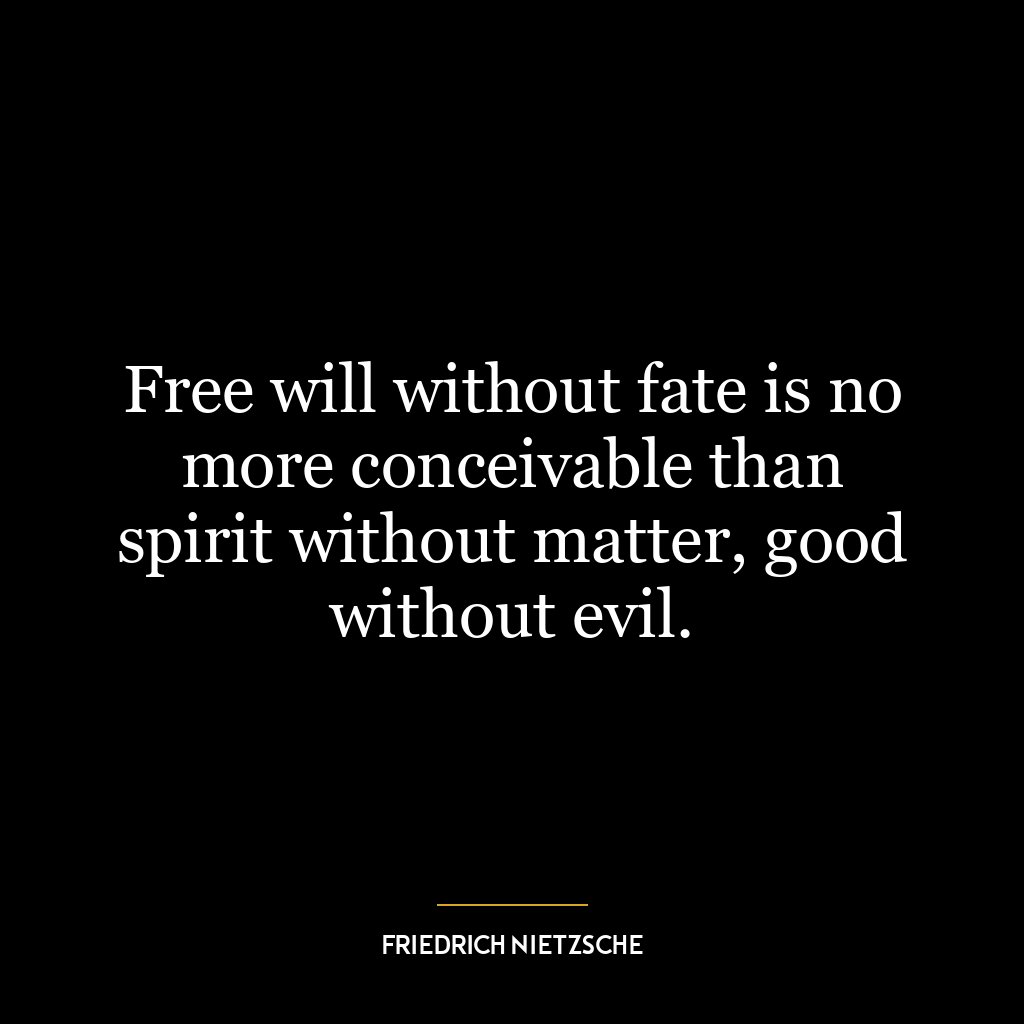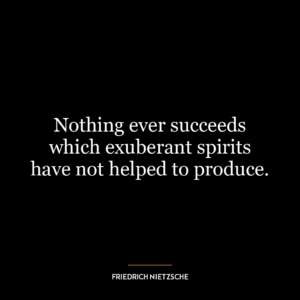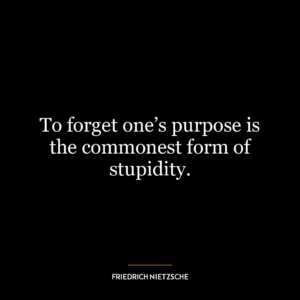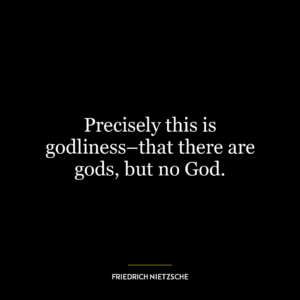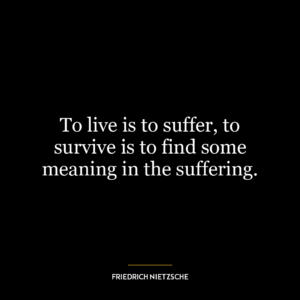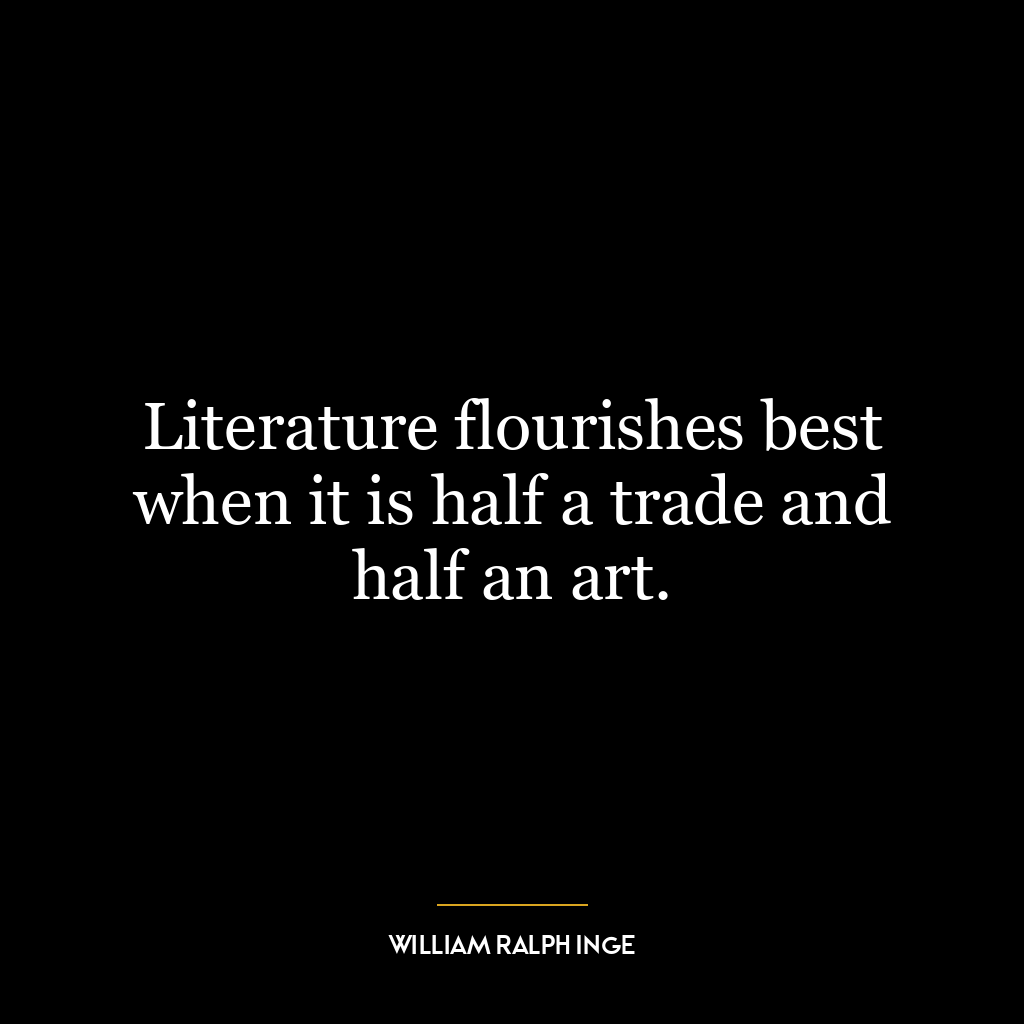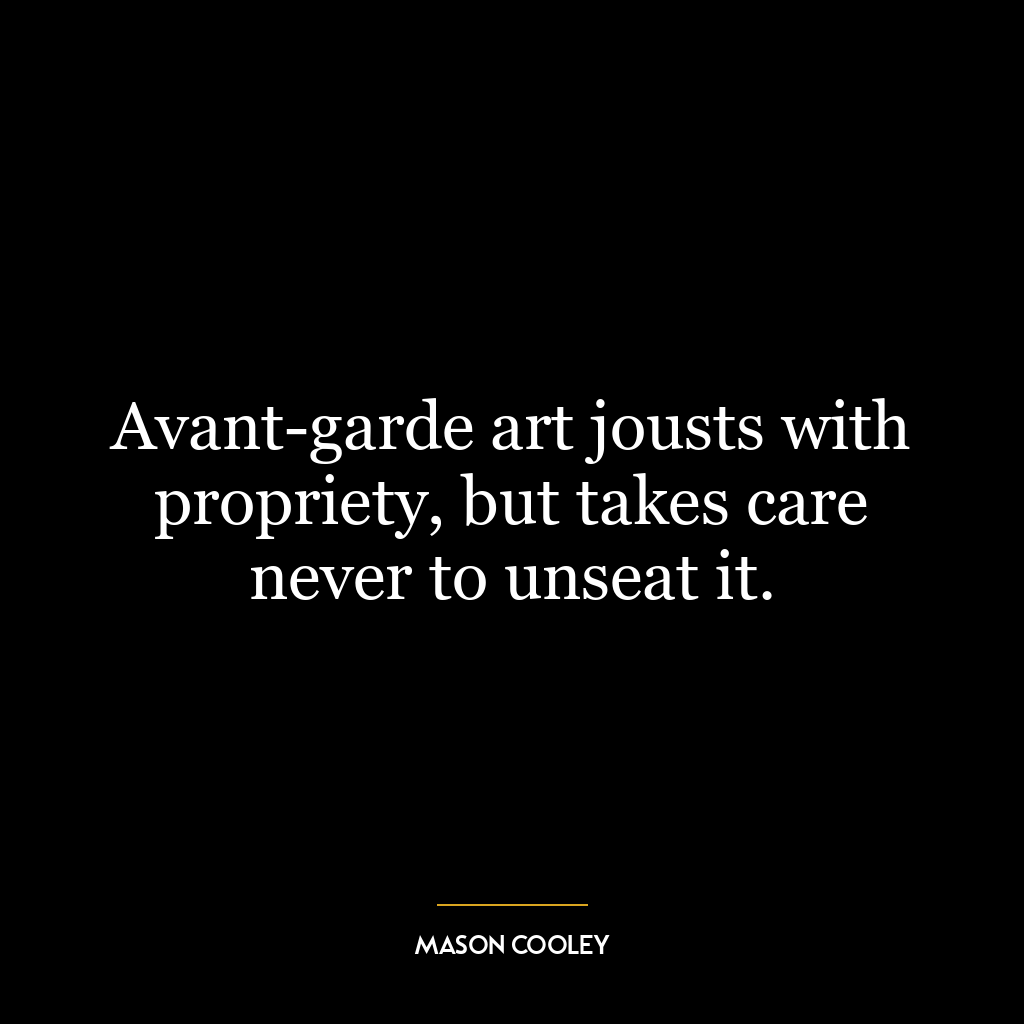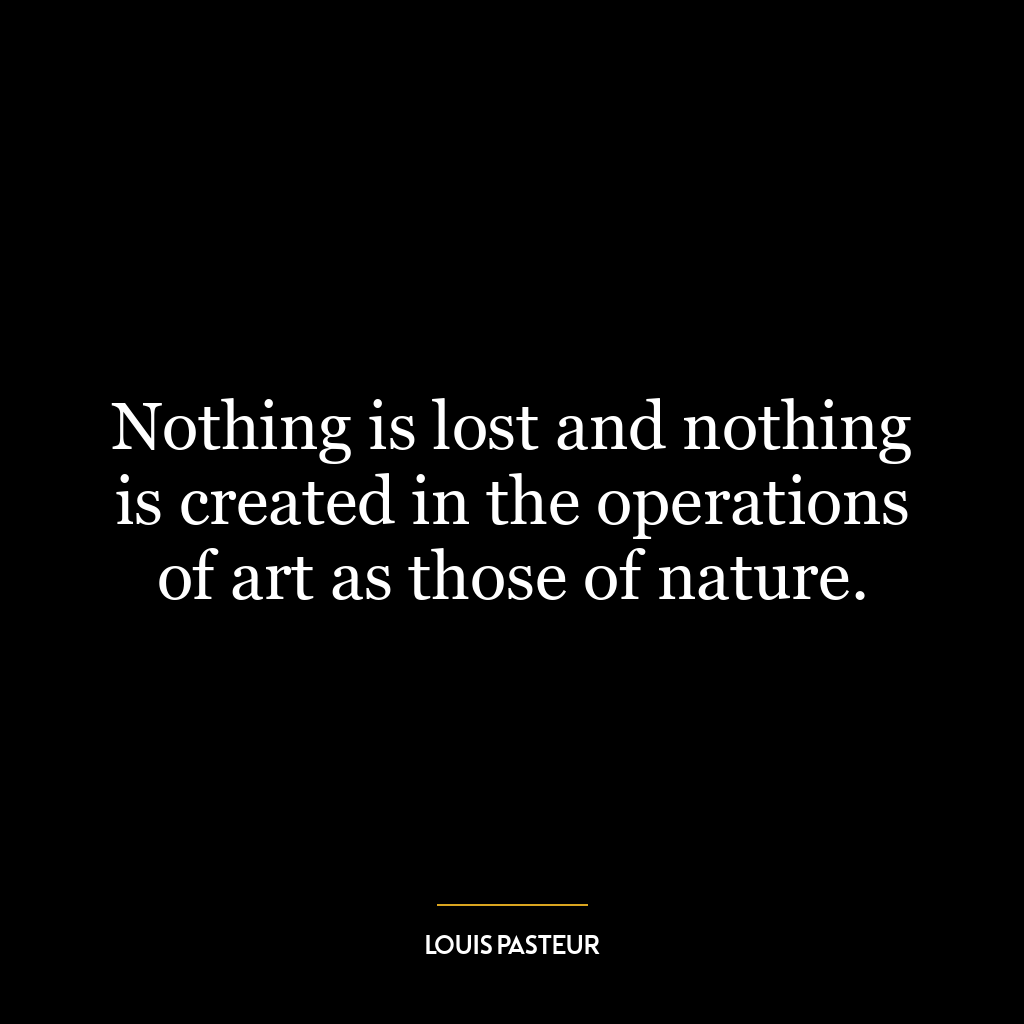Free will without fate is no more conceivable than spirit without matter, good without evil.
This quote is a profound exploration of the concept of duality and interdependence. It suggests that free will cannot exist without fate, just as spirit cannot exist without matter, or good without evil. These pairs are not opposing forces, but rather, interconnected elements that define and give meaning to each other.
Free will, in this context, represents our ability to make choices, to act according to our desires and decisions. Fate, on the other hand, represents the predetermined, the unavoidable, the aspects of life that we cannot control. The quote argues that these two concepts cannot exist independently. Our free will is shaped and defined by the limitations and opportunities that fate presents us with. Similarly, our fate is influenced by the choices we make using our free will.
The same principle applies to the other pairs mentioned in the quote: spirit and matter, good and evil. Spirit represents our consciousness, our thoughts, and our emotions, while matter represents the physical world. These two are intertwined, as our consciousness is shaped by our physical experiences, and our physical actions are guided by our consciousness.
Similarly, good and evil are not standalone concepts, but rather, they define each other. What we perceive as good is often defined in contrast to what we perceive as evil, and vice versa. Without one, the other loses its meaning.
Applying this concept to today’s world or personal development, it suggests that our lives are a complex interplay of choices and predetermined circumstances, of physical reality and consciousness, of good actions and bad ones. Recognizing this can help us understand that our choices matter, but so do the circumstances we find ourselves in. It can help us make peace with the things we cannot change, while empowering us to make the most of the things we can.
In terms of personal development, it encourages us to embrace all aspects of our lives and ourselves, including our limitations and our flaws. It suggests that growth and improvement don’t come from denying or avoiding these aspects, but rather, from acknowledging them and understanding their role in shaping who we are.
In conclusion, the quote suggests that life is a complex tapestry of interconnected elements, and that understanding this complexity can help us navigate our lives more effectively and live more fully.

